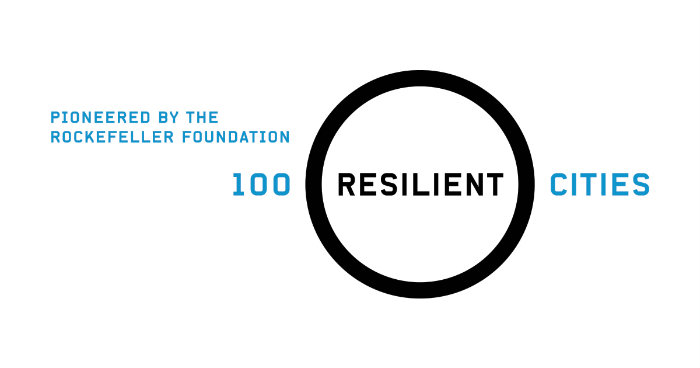City of St. Louis to Hire Chief Resilience Officer
The position will close on Friday, November 13, 2015
This article is 10 years old. It was published on November 5, 2015.

- Shock 1: Riot/Civil Unrest
- Shock 2: Heat Wave
- Shock 3: Tornado
- Shock 4: Flooding
- Stress 1: Endemic Violence
- Stress 2: Educational Disparities
- Stress 3: Declining Population
- Stress 4: Aging Infrastructure
- Technical support for development of a robust Resilience Strategy;
- Access to solutions, service providers, andpartnersfrom the private, public and NGO sectors who can help them develop and implement their resilience strategies;and
- Membership in a global network of member cities who can learn from and help each other.
About 100 Resilient Cities—Pioneered by The Rockefeller Foundation
100 Resilient Cities - Pioneered by The Rockefeller Foundation(100RC) helps cities around the world become more resilient to social, economic, and physical challenges that are a growing part of the 21stcentury. 100RC provides this assistance through: funding for a Chief Resilience Officer in each of our cities who will lead the resilience efforts;resources for drafting a Resilience Strategy;access to private sector, public sector, academic, and NGO resilience tools;and membership in a global network of peer cities to share best practices and challenges. 100RC currently has 67 member cities. For more information, visit www.100resilientcities.org/about-us.
-
Department:
Office of the Mayor
-
Topic:
Law, Safety, and Justice
Related Stories
Help Us Improve This Page
Did you notice an error? Is there information that you expected to find on this page, but didn't? Let us know below, and we'll work on it.
Feedback is anonymous.